The Generation Z (Gen Z) grassroot movement have been rallying efforts to keep hashtags active, occupy the streets, conduct civic education on TikTok, and converge on X (formerly Twitter) spaces to educate and address their grievances and discontent towards the government amid the ongoing protests.
Even though most young Kenyans feel the need to stay the course and remain updated with the news, ahead of the Nane Nane March on Thursday, August 8, it is essential to ensure that their mental health is protected.
Zara Namunyak (not her real name), a 23-year-old Gen Z digital activist and content creator, has been using her social media platforms, mostly TikTok, to offer civic education to her followers.
She has been vocal about occupying the streets with her peers and also having struggled with her mental health on certain days.
“There are days I feel mentally drained, exhausted, and you feel like you are angry all the time. The killings during protests make people scared, which triggers anxiety because it is not safe anymore,” she says.

Mental Health Check Ahead of Nane Nane March
Namunyak* notes that mental health may take a toll on protesters and digital activists because, on top of dealing with their issues, they have to express their discontent and anger to the government.
“It can be mentally exhausting because we are yet to see the change we demand,” Namunyak* explains.
The 23-year-old says she has had to take social media breaks when emotions are running high due to frustrations towards the government.
“You have to consider your mental health and recharge because if you fail to, you will not be able to contribute fully towards the movement,” Namunyak* states.
Leah Ndegwa, a psychologist, addresses the mental illnesses people may face, how to detect the signs, and also how to cope with them during the ongoing protests.
Also Read: Nane Nane Watch: All You Need to Know About Planned March
Common Mental Illnesses
Ndegwa states that she has witnessed individuals who have been active in the ongoing protests either digitally or physically diagnosed with some mental illnesses upon visiting counselors and psychologists.
“Some of the mental illnesses that we have witnessed at this time are anxiety, depression, and Post traumatic stress disorder (PTSD),” Ndegwa revealed.
She states that during digital activism, signs of underlying mental illnesses occur due to vicarious trauma, which is the emotional residue of exposure to other individuals’ traumatic experiences.
She explains that some people may suffer low esteem by downplaying their vicarious trauma, arguing that they should be mentally okay since they have not participated physically in the protests.
“People feel the need to keep reposting and keeping certain hashtags active so that they can feel like they are part of the movement even if their mental health is affected,” she notes.
Losing interest in previously enjoyed activities, like frequenting the gym, may also manifest, Ndegwa notes.
“Some behavioral signs may be sleeping disturbances or deprivation, appetite changes, hypervigilance around public places, exaggerated startle response, self-harm behaviors,” she adds.
Additionally, Ndegwa says that people may start to question the meaning of life and practice self-harm behaviors, especially amid the killing of protesters and their concerns and pleas falling on deaf ears.

Effects of Protests on Mental Health
She adds that one may be affected emotionally by feeling powerlessness, numbness, emotional unpredictability, and survivor guilt.
“Survivor guilt is when someone beats themselves up whenever their fellow Kenyans lose their lives during protests, whereas they did not get hurt” Ndegwa explains.
“Also, people may withdraw socially from loved ones, loneliness, irritability and intolerance, distrust, projection of blame and rage.”
Also Read: Report Reveals Why Mental Health Issues are High Among TB Patients
Coping Strategies Ahead of Nane Nane March
Leah Ndegwa urges people to minimize exposure to media and social media if they detect an increase in the signs that their mental health may be negatively affected.
“Exercising caution during this moment is essential because social media is full of information and images that may pose a risk to one’s mental health,” she advises.
She further urged people to communicate with family and friends whenever they need support and reach out to psychologists and counselors regularly for emotional and mental support if needed.
The psychologist also emphasized the importance of maintaining a routine, as it is essential to maintain some level of normalcy.
“Mindfulness practices like deep breathing exercises, meditation, and self-care activities are also advised,” Ndegwa adds.
“It is also important for the protesters to determine what emotional factors will be a sign for them to leave the protests since they might cause an increase in psychological risks,” she notes.
The psychologist says that it is okay to take a mental break, adding that it does not make you less of a revolutionist.
This article was written by Cynthia Munene, a freelance writer
Follow our WhatsApp Channel for real-time news updates!
https://whatsapp.com/channel/0029VaB3k54HltYFiQ1f2i2C




![Debate Rages Over Proposed Increase In Legal Drinking Age [Video] Nacada Raises Legal Drinking Age From 18 To 21]( https://thekenyatimescdn-ese7d3e7ghdnbfa9.z01.azurefd.net/prodimages/uploads/2025/07/beer-360x180.jpg)
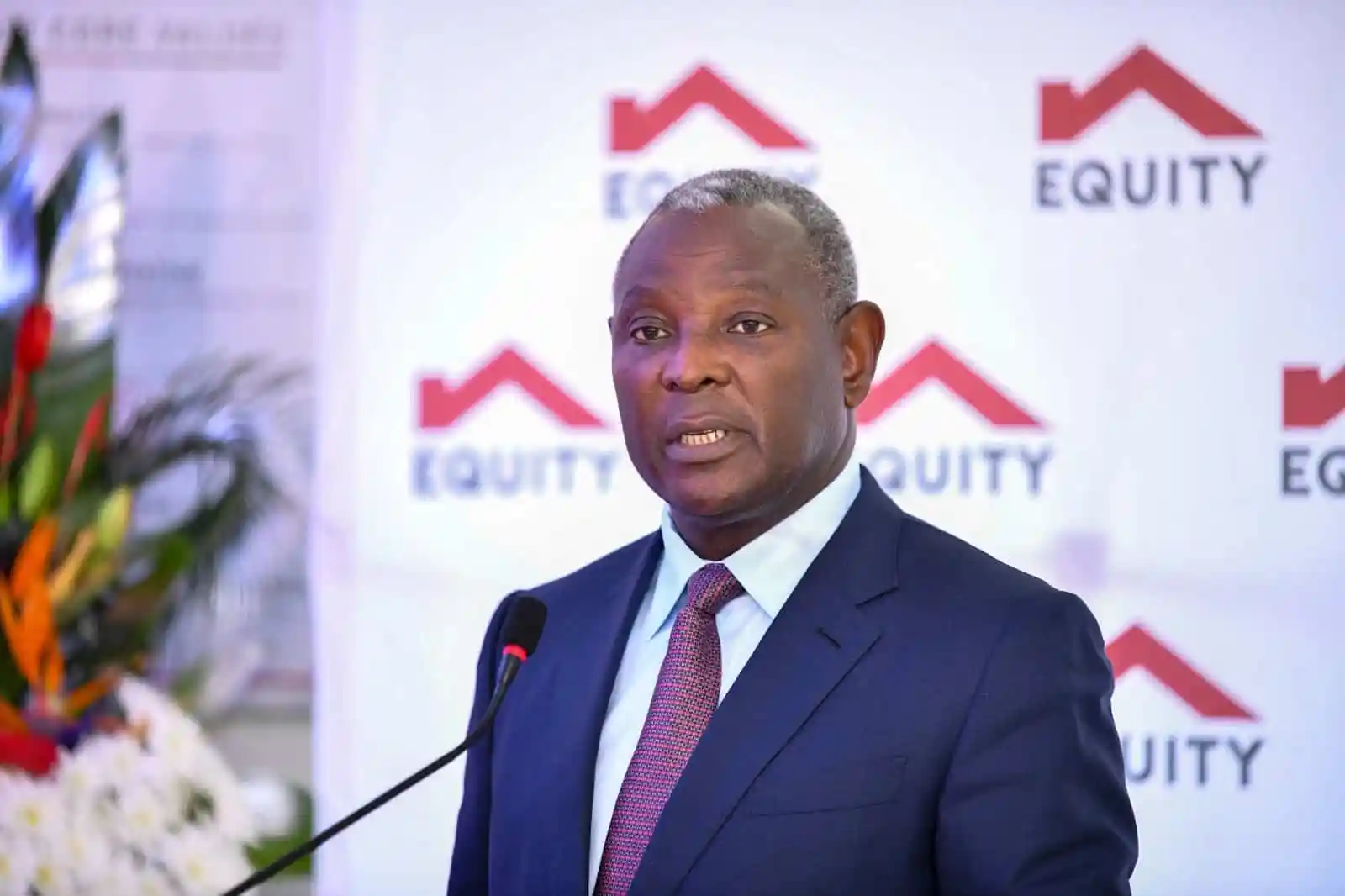

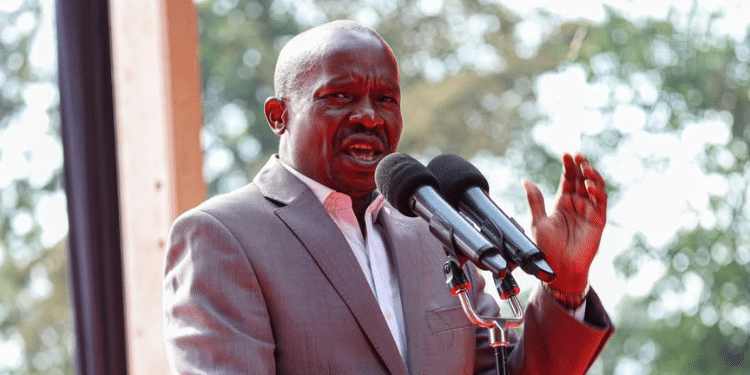
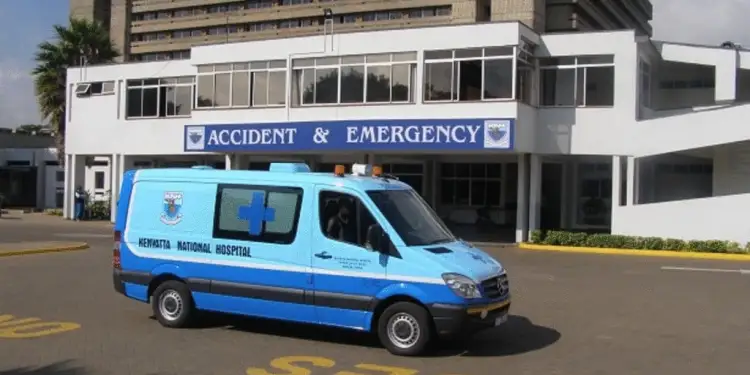
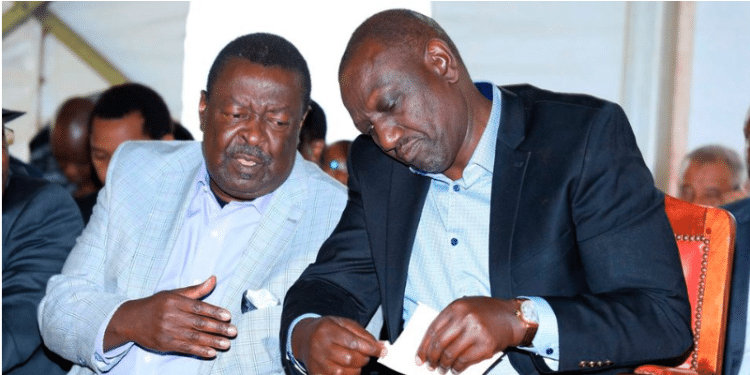
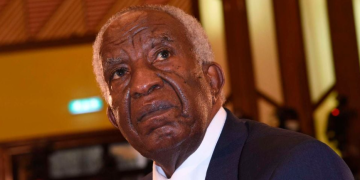







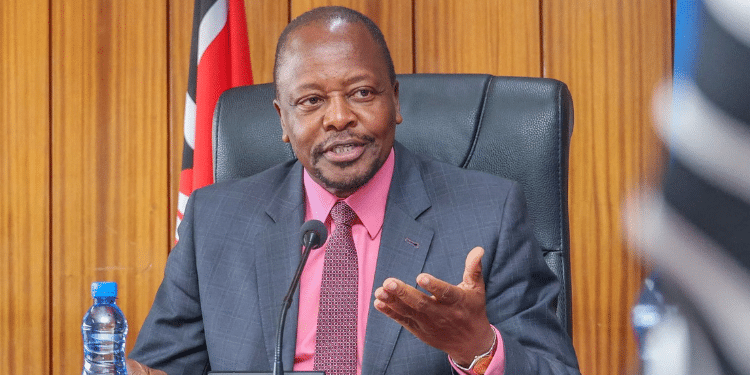



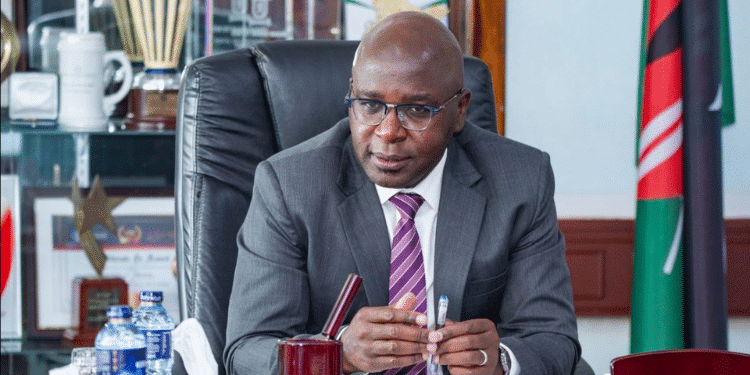
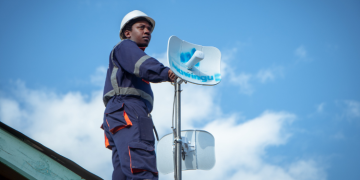
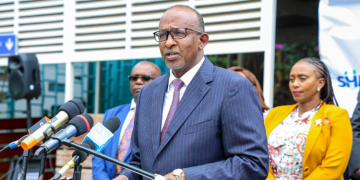
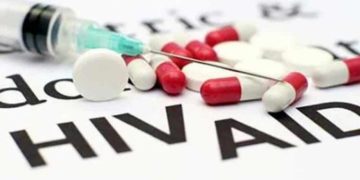
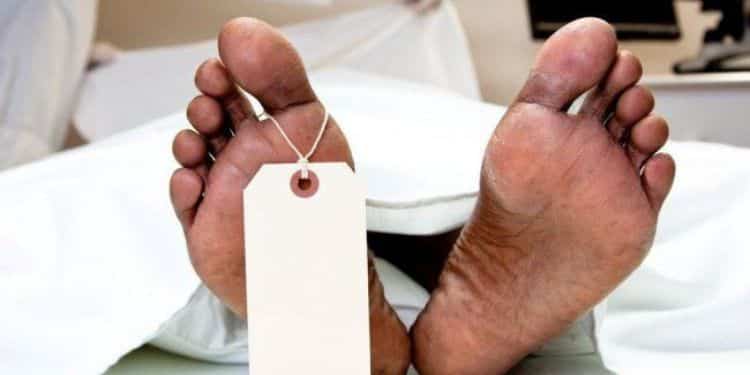





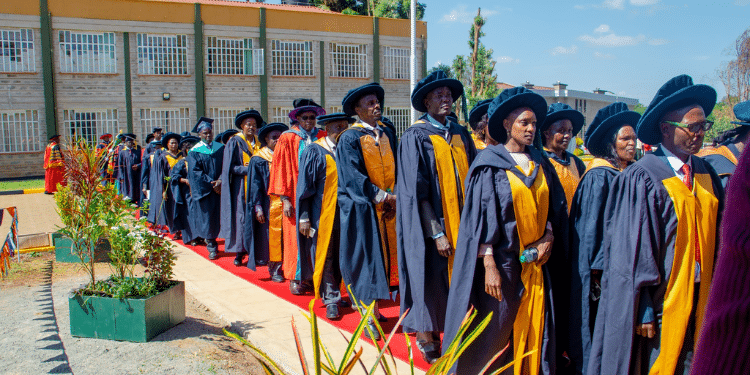
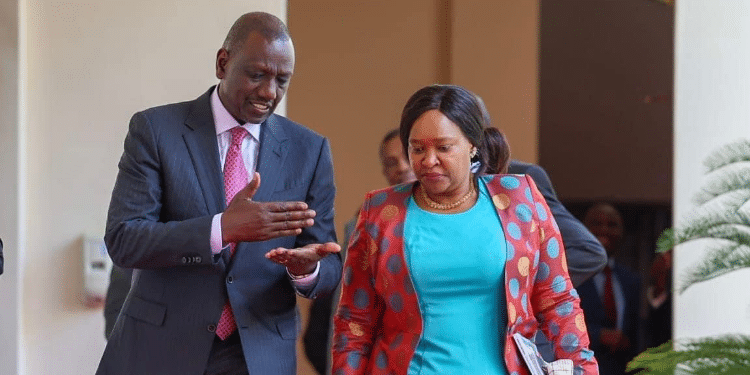






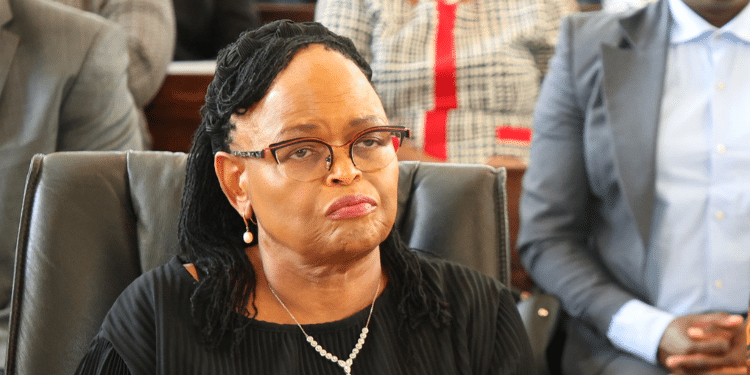
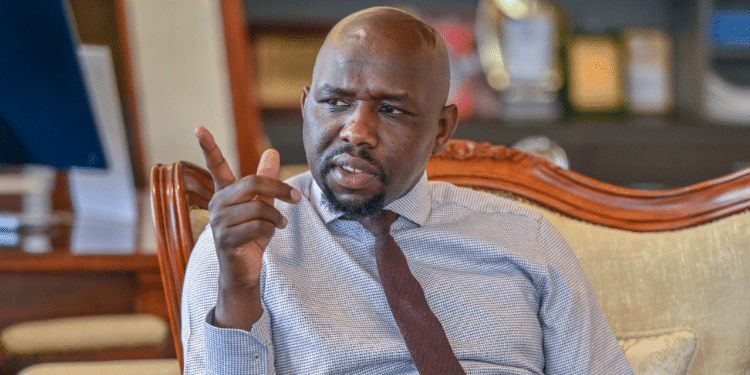
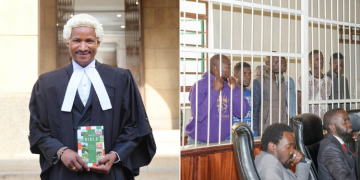





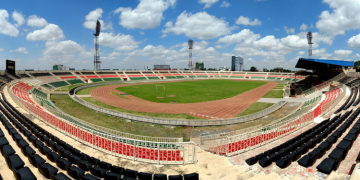
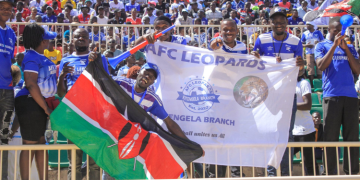
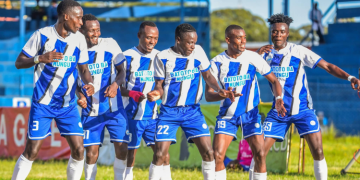

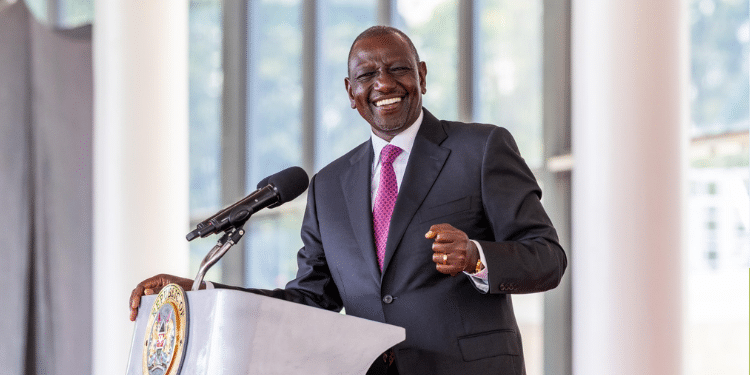





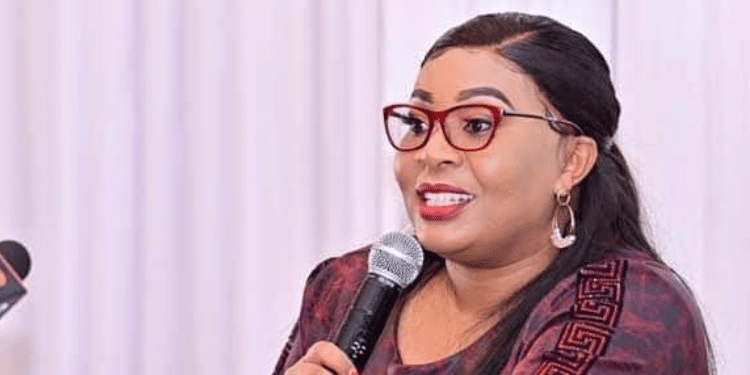




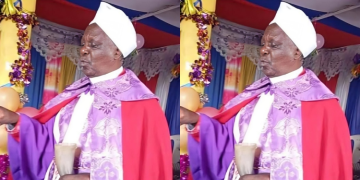
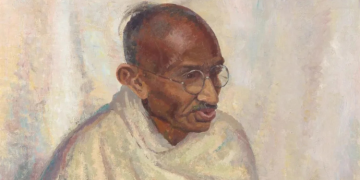





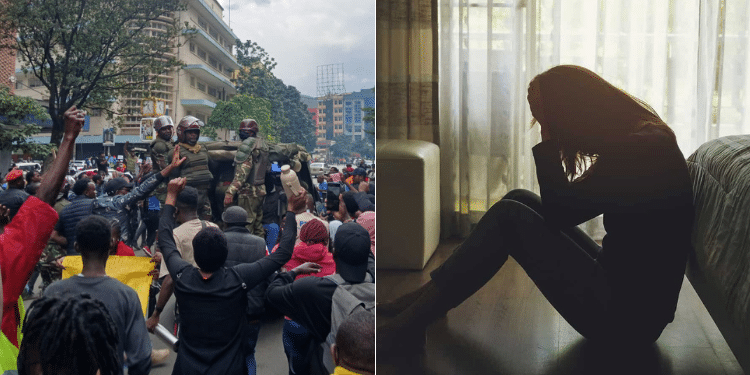

![Debate Rages Over Proposed Increase In Legal Drinking Age [Video] Nacada Raises Legal Drinking Age From 18 To 21]( https://thekenyatimescdn-ese7d3e7ghdnbfa9.z01.azurefd.net/prodimages/uploads/2025/07/beer-120x86.jpg)